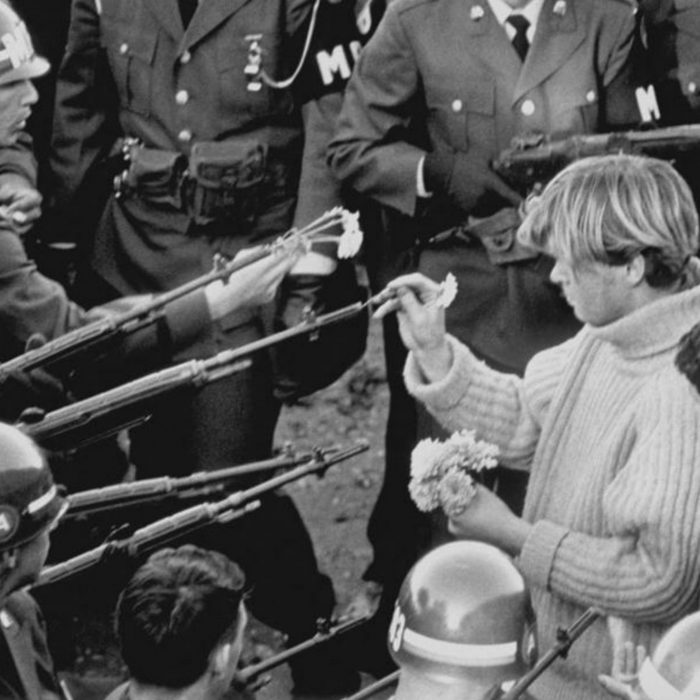Media obscures history. Not intentionally, but the effect of looking at images without a deeper understanding of the context in which the images were created will keep the viewer from knowledge of an historical event. In this FRDH podcast, host Michael Goldfarb looks at how this lack of full understanding is hampering efforts to create a coherent political strategy to oppose President Trump.
He explores the seminal research into how media obscures not just history but also other aspects of life by thinkers like:
George Gerbner: http://web.asc.upenn.edu/gerbner/Asset.aspx?assetID=2597
https://www.theatlantic.com/magazine/archive/1997/05/the-man-who-counts-the-killings/376850/
& Neil Postman: https://quote.ucsd.edu/childhood/files/2013/05/postman-amusing.pdf
He also writes about the television programs that shaped the Vietnam generation, like Beulah: https://www.youtube.com/watch?v=sQ2l_KTDcHU
This essay on how media obscures our undertanding of history is inspired by Ken Burns series “The Vietnam War.” Goldfarb asks, Why American society today feels like it is coming apart at the seams because when watching Burns documentary you realize there is no comparison between the objective reality of the Vietnam era and now.
The reality then: half a million troops in combat deployment, riots in American cities every summer with hundreds killed, major political assassinations as a regular feature of national life.
Reality today: a sense of panic that is comparable to the Vietnam era but not based in anything like the same scale of trauma.
The FRDH Podcast is hosted by internationally acclaimed journalist Michael Goldfarb and is about History. The History he has reported on; the History he has written about; and the long History he has lived.
You can subscribe to the podcast on iTunes, YouTube and Soundcloud, and you can follow us on Facebook and Twitter.
You can also donate to keep the episodes coming.
